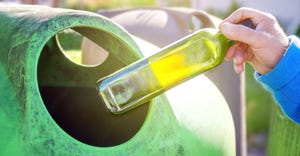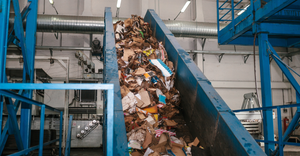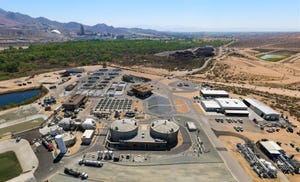New Report Shares Lessons Learned from European Mechanical Biological Treatment Systems
The report was issued by the Solid Waste Association of North America.

A new report from the Solid Waste Association of North America’s (SWANA) Applied Research Foundation (ARF) contains several takeaways from the implementation and operation of Mechanical Biological Treatment (MBT) facilities throughout Europe.
"This report should serve as a valuable resource to the growing number of communities that are considering or implementing additional mixed waste processing systems in North America,” said Jeremy O’Brien, P.E., director of applied research at SWANA, in a statement. “These communities can benefit from the experiences and lessons learned in Europe over the last 25 or so years with MBT facilities."
The report was developed as a response to domestic interest in zero waste systems, which would most likely use some sort of MBT facility to deal with waste that cannot be recovered through recycling. The first MBT facility in the eastern U.S. will open in West Virginia later this year.
“Important lessons include the fact that the compost produced from MBT systems is generally of poor quality and not usable for agricultural applications,” said O’Brien in a statement. “Also, the diversion rates have been on the order of 20 percent without energy recovery.”
About the Author
You May Also Like


